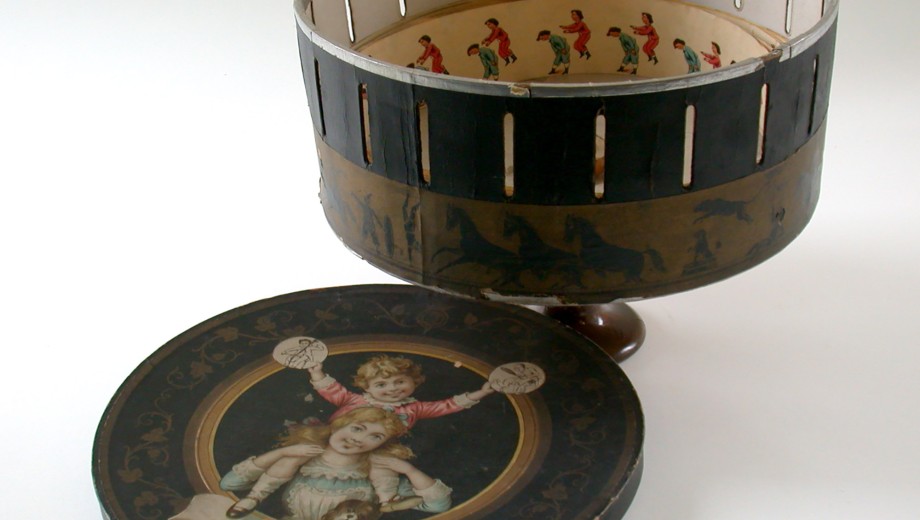A winner of the 2018 Wayne C. Booth Graduate Student Prize for Excellence in Teaching, Amanda Shubert, AM’14, PhD’19, has learned a lot about structuring a class. She knows how to design a syllabus to meet a curricular goal—but she also understands that “curiosity might take us in a different direction.”
It’s a question, Shubert says, of “finding that sweet spot” between planning and improvisation, a skill she’ll hone over the next two years as one of 16 Humanities Teaching Fellows.
The Teaching Fellows program provides a framework in which recent PhDs can continue to grow as scholars and teachers, while giving undergraduates an opportunity to learn from a cohort of young humanists with fresh ideas. Each year, fellows teach in both the College Core and in their home department—either undergraduate major courses or electives—with a third quarter spent either in the classroom or developing their own scholarship.
The program is only open to UChicago alumni who complete their doctorates in seven years or fewer, and who have demonstrated excellence in their research and teaching. Although fellowships run for two years, some fellows have received job offers after one year.
The program began as a 2014–15 pilot with one fellow and has grown to 16 fellows this year. In addition to Shubert and one other fellow from English Language and Literature, the six incoming fellows represent the departments of Linguistics, Music, Near Eastern Languages and Civilizations, and South Asian Languages and Civilizations.
Robert L. Kendrick, the William Colvin Professor in Music and Romance Languages and Literatures and the program’s faculty coordinator, observes that writing a dissertation is hard work that doesn’t always allow time for job searches. The fellowship, he says, “gives [the recipients] breathing space.”
At the same time, he says fellows gain experience teaching outside their specific area of expertise. Music PhDs might teach a Core course like Introduction to Music: Materials and Design, or they might teach Media Aesthetics: Image, Text, Sound, where they must also incorporate texts and images into their pedagogy.
“There’s something of a learning curve,” Kendrick says. But by the end of the course both the undergraduates and the fellows teaching them emerge with new perspectives and skills.
Similarly, Shubert will come at Media Aesthetics from a different angle when she teaches two sections in winter quarter. Meanwhile, this fall she is teaching one section of the Core course Film and the Moving Image, along with an undergraduate offering of her own design, Realism or Illusions of the Real, a literature class examining nineteenth- and twentieth-century literature and its connection to visual culture. During the spring, she’ll work on turning her dissertation—which explores the relationship between Victorian realist fiction and pre-cinematic optical technologies such as flipbooks, magic lanterns, and stereoscopes—into a book.
The fellowship allows her to venture deeper into media and film scholarship, but she’s most looking forward to the opportunity to continue to teach University of Chicago undergraduates, students she describes as “so, so smart and curious—and game for anything.”

